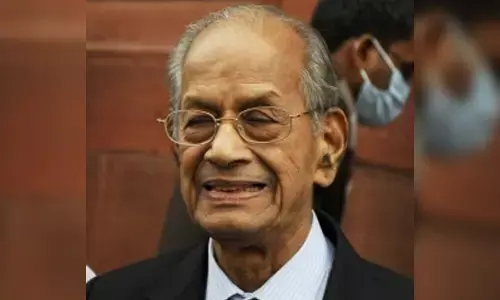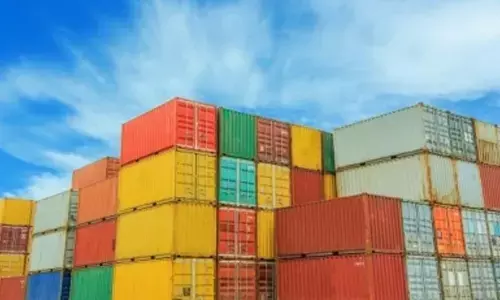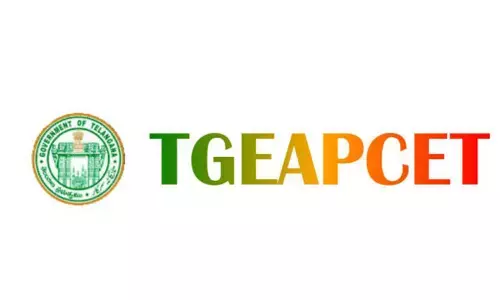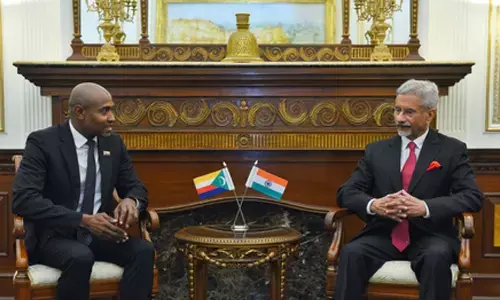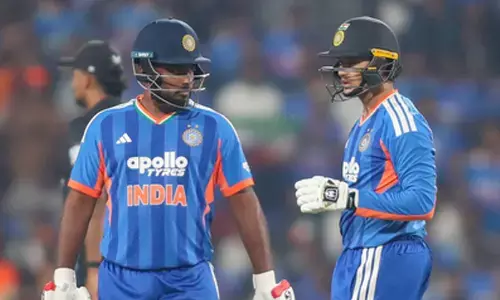The State of RTI in three States
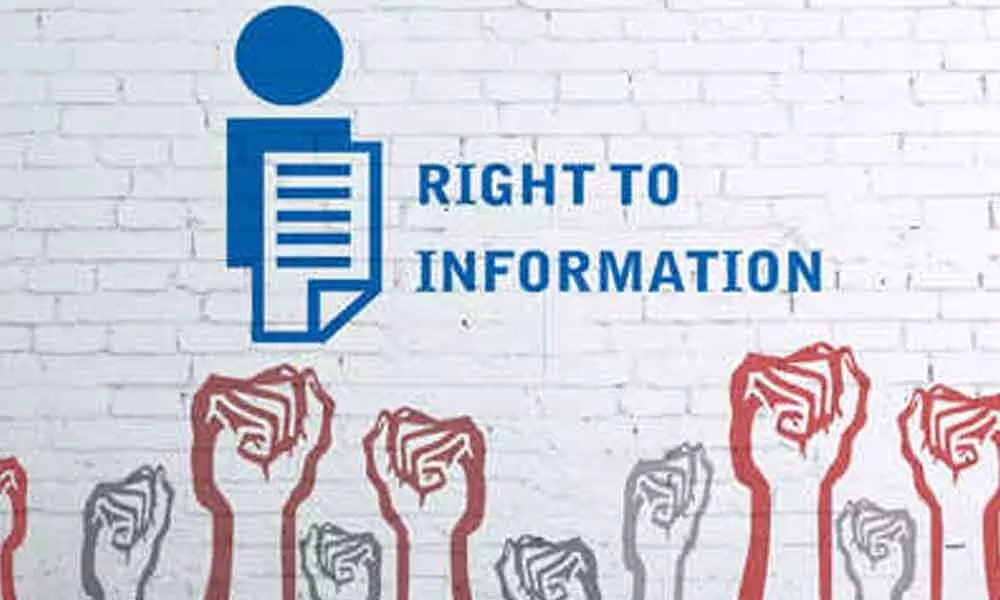
The State of RTI in three States
A Government Order (GO) is an administrative decision of the government regarding a policy, programme or official activity.
A Government Order (GO) is an administrative decision of the government regarding a policy, programme or official activity. The Right to Information Act 005 under Section 4 mandates governments to maintain all their records duly catalogued and indexed in a manner and the form which facilitates the right to information under the Act and facilitate access to such records. Public authority has to publish all relevant facts while formulating important policies or announcing the decisions which affect public and provide reasons for its administrative or quasi-judicial decisions to affected persons. Even before the RTI Act, the public records are made accessible under the Evidence Act, 1872. None can dispute the status of GO as 'public record' and except for security reason, a GO cannot be denied to the people. After the advent of RTI Act, a GO is just like any other piece of document copy of which could be obtained under it, provided no exception under the Sections 8 and 9 is attracted.
Then why don't the governments want their GOs to be seen by the people? The three southern State governments have made their GOs inaccessible. The GOs are the orders of the government which are supposed to be accessed, understood and followed by the employees and the people also. Andhra Pradesh, Tamil Nadu and Telangana governments appear to be not interested in sharing the GOs with the people. The reason for this suspicion is that GOs are not being uploaded in their official websites. The High Court of Telangana has stayed the latest circular of Chief Secretary of Telangana which mandated PIOs to take written instructions from superior officers. In other States also, the High Courts are compelled to intervene in the matters pertaining to access to information and disclosure norms.
In Telangana
It was startling to know that around 50,000 GOs are not appearing on the official website. In September 2019, the Telangana High Court took a serious view of 43,462 GOs missing from its official website. In a public interest litigation against the State, the HC issued notices to the State government, Chief Secretary and the Principal Secretary (Revenue) to respond to the allegations of withholding the GOs from public viewing. The High Court repeatedly asked the State to respond and adjourned the hearing at least for more than a year. At one point of time, it the High Court expressed its displeasure.
A social activist Perala Sekhar Rao urged the High Court issue a direction to the State to upload all the missing GOs on the government's official website. A bench of Chief Justice Raghavendra Singh Chauhan and Justice Abhishek Reddy raised a serious concern over blocking the access of the people to the GOs. Following table was made out from the data collected by this PIL petition.
It was surprising that the government has issued more than 1 lakh GOs from June 2, 2014 to August 15, 2019, but as many as 43,462 GOs are not found on the official state portal. Can we say that they were missing, which means not uploaded on the website? The petitioners alleged that this undue veil over the GOs in public domain is intended to hide the decisions of the government. Every GO should serve the public interest and, if so, the GO should be known to the people, so that they can question if that GO is not implemented. The petitioners further alleged that the government was enthusiastic enough to upload not-so-important GOs but deliberately not uploading very important and crucial GOs. The petitioner cited a GO granting Rs 128 for paying cell phone charges of a principal secretary and another GO for paying Rs 359 towards BSNL bill, another GO for payment Rs 720 for water cans; yet another GO for a similar purpose. Public scrutiny of government action is possible only when the GOs are known to the people. Hiding of GOs is contrary to the Section 4 of Right to Information Act which mandates the publication of all relevant documents and info ration pertaining to public policies that affect the people. Section 4(1)(d) mandates to give reasons for administrative and quasi-judicial decisions.
On 17 February 2020, the bench of Telangana High Court comprising Chief Justice Raghvendra Singh Chauhan and Justice Abhishek Reddy expressed its displeasure with the government for its failure to file a counter affidavit despite Court direction in September 2019. Petitioners argued that the general public were kept in dark as they could not get access to any vital information relating to various schemes and welfare programmes.
On August 17, 2021, the Telangana High Court finally ordered the Telangana State to upload all GOs on its official website and directed that any new GO has to be uploaded within 24 hours of its issuance. The then Chief Justice of Telangana High Court, Hima Kohli, heading the bench consisting of CJ and Justice Vijay Sen Reddy, disposing of a PIL by Watch Voice of the People, asked what was stopping the government from disclosing the GOs, when those were meant for the people. The CJ also questioned why the GO relating to launch of the Dalit Bandhu was not made available on the Government's GO issue register. https://goir.telangana.gov.in.
In Tamil Nadu
On May 21, 2021 the Madras High Court directed the Tamil Nadu State government to ensure that all government orders and notifications related to COVID-19 are uploaded on its official website https://www.tn.gov.in as well as the special website https://stopcorona.tn.gov.in in a chronological order. The court also ordered that the two websites should be updated regularly with all future government orders and notifications related to the pandemic.
It is unreasonable to hide the GOs pertaining to Covid 19 also. Even during pandemic, citizen was not able to access all government orders, circulars and notifications regarding Covid-19 easily. Chief Justice Sanjib Banerjee and Justice Senthilkumar Ramamoorthy observed that the government directives and notifications connected to COVID-19 must be available to the citizens at the touch of a key since those "orders and notifications affect private citizens and may be necessary for various purposes."
In Andhra Pradesh
The then Chief Minister YS Rajasekhara Reddy decided to upload GOs in the public domain in the combined state of Andhra Pradesh, which practice has been continuing since 2008, even after two States were formed in 2014. But, surprisingly, the Government of Andhra Pradesh in August 2021 stated that like other States, it also would dispense with GOIR website and the publication of GOs. Principal Secretary (General Administration) issued a note stating that the system of generating GO numbers and display of GOs should be done as per the Andhra Pradesh Secretariat Office Manual and AP Government Business Rules. He says: "The system prevailing in other States and Government of India with regard to the government orders/ Office Memoranda had to be followed. Therefore, the system of generating numbers from 'GOIR' website is hereby dispensed with. All the Departments of Secretariat shall take necessary action accordingly." This meant that the Government of Andhra Pradesh on August 17, 2021, decided not to upload the government orders (GOs) in the government portal.
(The author is Dean & Professor, School of Law, Mahindra University, Hyderabad, and former Central Information Commissioner) (The opinions expressed in this column are those of the writer. The facts and opinions expressed here do not reflect the views of The Hans India)








